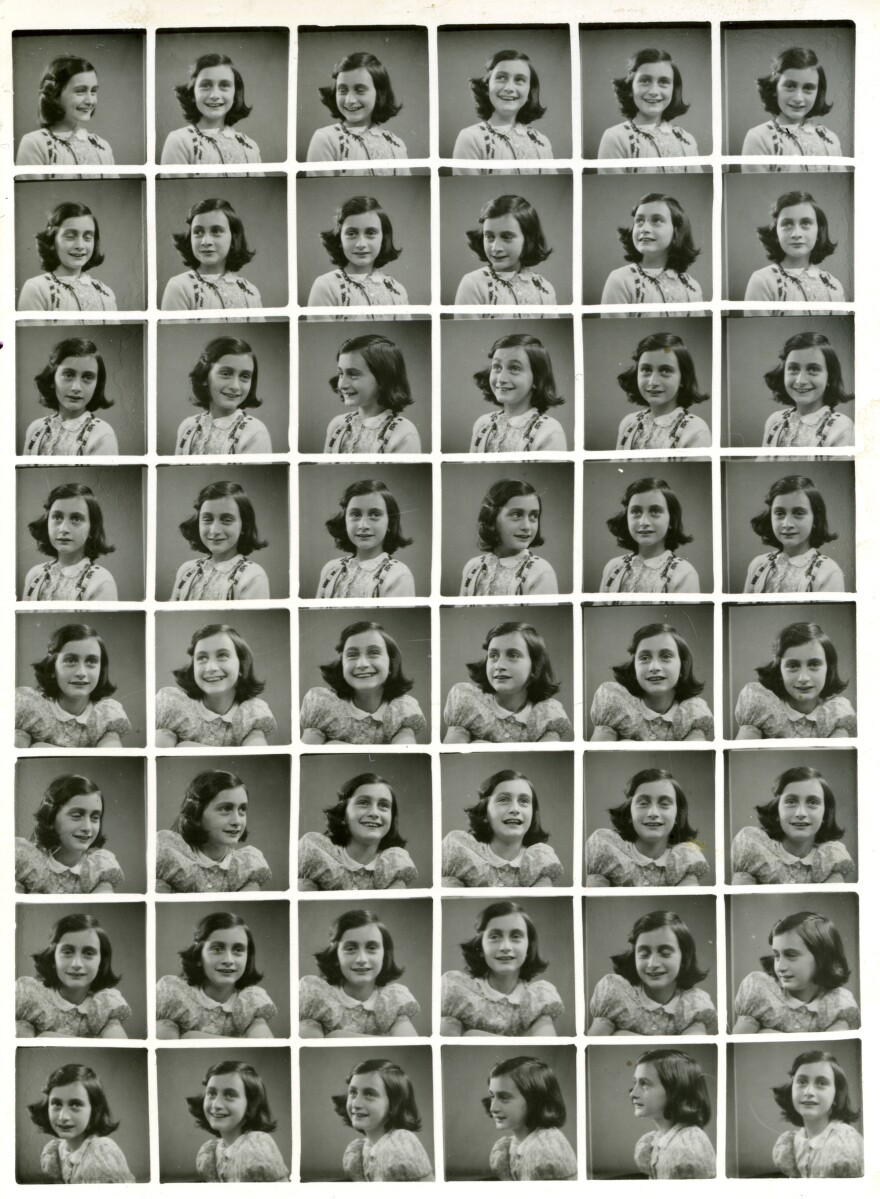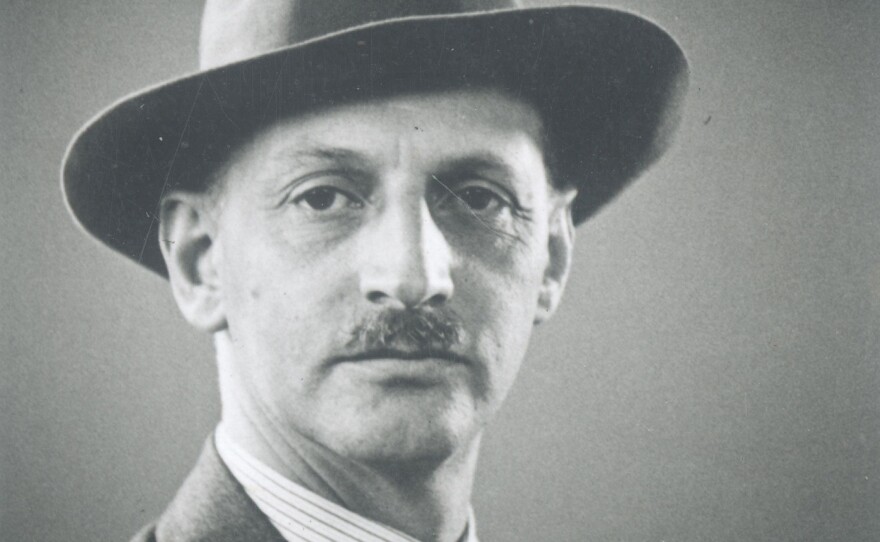The new novel "Annelies" retells the story of Anne Frank, the young Holocaust victim whose childhood diary became one of the most poignant records of the Nazi era.
Amherst, Massachusetts, writer David Gillham's story starts out as historical fiction. He reconstructs the Frank family's life in hiding before they were sent to the concentration camps.
But in Gillham's version, Anne survives the war and reunites with her father in Amsterdam.
The premise of the book, Gillham said, sprung from Anne Frank's most famous quote, near the end of her diary: "In spite of everything, I still believe that people are really good at heart."
David Gillham, author: I had heard people ask the question, would she still have felt that way had she survived Auschwitz and Bergen-Belsen? And I started to think that was an important question to answer.
Karen Brown, NEPR: You've touched a little bit on how it must have felt to reimagine this life of an icon that millions of people have read, and maybe already feel close to, and already feel like they know. It seems like it takes a certain amount of self-confidence, or even audacity, to take that on, and create her beyond where she actually lived. What was that like for you?
I didn't think in terms of how audacious it is for me to do this. I was really just compelled.
Once I had the momentum and once I started the book, I just couldn't stop. I was moving forward and all those other concerns started to fall away.

Going back to what you were saying earlier, that Anne Frank is known for her very optimistic outlook — but the personality of your Anne Frank was quite bitter and angry for much of the novel. Can you talk about how you decided how her reaction would play out, at least during that period?
Right. It was my answer to that question, because she comes back at the age of 16, a teenager traumatized by what she has experienced, filled with survivor's guilt, especially about her mother and her sister, who both died.
So I thought that that felt correct to me, to start from that position, and also allowed me to explore the two different attitudes towards survival. You know, the "Let's put the past behind us and only look forward," and "No, we can't put the past behind us. We have to face it. We have to dissect it. We have to feel it again because we can't forget."
I can't decide whether this imaginary life of what Anne Frank might have lived is meant to provide solace. You know, like, at least she got to live in this alternative world that you created or if it's even more painful because, you know, you're thinking like, "Here's all that could have happened, but didn't."
Well, I think that that's sort of up to the reader to decide how they feel. My goal was to write a book that inspired hope, and had a message of hope.
And it was also my own personal sort of homage to Anne that I would give her, at least in this small and humble way, the life that she was cheated of.

Do you ever wonder whether her diary would have become such a phenomenon, had she lived?
That's a question that people asked, too. Is Anne Frank's international iconic status due to the fact of the tragedy that she suffered?
It would be ridiculous to say that that didn't have something to do with it. But I still think that the writing itself was just so accomplished. I mean, she was just such a great writer — even though she was just 14 and 15 years old, it's really just astonishing.
That's actually another reason why I wanted to write the book is because I wanted to underscore that. Many people think, "Oh, Anne Frank, she was so inspirational, and wasn't it wonderful, and wasn't it terrible what happened to her?" But they don't take into account — or they tend to dismiss her as a teenage diarist, when in fact, she was a tremendous talent.
And you do allude to that in the book, what a tragedy it is that she couldn't have gone on to write more books.
Well, I don't want to go too much into the ending of it, but yes, she has written more books by the end of this novel. But she also knows that this is what she'll be remembered for, which I thought would probably have been the case.
Keep up here with the NEPR Summer Fiction Series.
Correction: An earlier version of this story incorrectly spelled "Annelies," the title of the novel discussed, and the full first name of Anne Frank.











